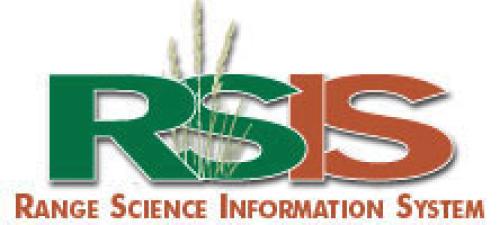Although the increased plant growth and reproduction, that occasionally follow grazing, can be interpreted in terms of overcompensation, a simpler explanation is that they demonstrate vigorous regrowth by damaged plants growing under highly favorable, but improbable, environmental conditions (low-stress, resource-rich, and competitor-free). It is the authors' belief that plants experience injury from a wide variety of sources besides herbivory, including fire, wind, freezing, heat, and trampling; rapid regrowth may been selected for by the many types of physical disturbance or extreme conditions that damage plant tissues. Rapid regrowth is more likely to have evolved as a strategy to reduce the negative impacts of all types of damage, than as a strategy to increase fitness following herbivory above ungrazed levels. There is no evolutionary justification and little evidence to support the idea that plant-herbivore mutualisms are likely to evolve. Neither life history theory nor recent theoretical models provide plausible explanations for the benefits of herbivory.

Citations and enhanced abstracts for journals articles and documents focused on rangeland ecology and management. RSIS is a collaboration between Montana State University, University of Idaho, and University of Wyoming.